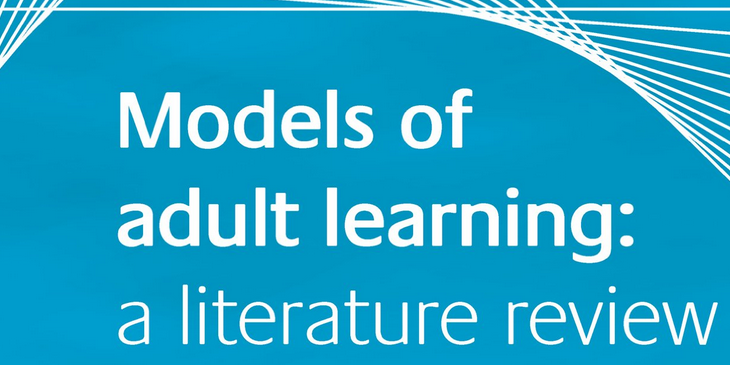This paper summarises a wide-ranging review of literature on adult learning, drawing out the different models of adult learning in existence and the significance of this work for research and development in adult literacy, numeracy and ESOL.
The review aims to cover work which has looked at learning in settings other than compulsory schooling. We suggest that a full understanding of adult learning must be a complex one which, rather than seeing learning principally as an individual, cognitive phenomenon, takes into account the interrelationship of many factors in the learning situation, while placing the learner’s contexts, purposes and practices at the centre.
This review is wide-ranging and covers ideas from many fields about how adults learn. The theories which are covered are ones which have proved useful in other areas of the education of adults. It begins by outlining the principal ideas about learning in traditional psychology from the fields of behaviourism, cognitivism, cognitive constructivism,and developmental psychology. It then describes a competing paradigm which sees learning as a form of social participation, summarising models from sociocultural psychology, activity theory, and situated cognition.
The review moves on to consider contributions from the field of adult education, including models of andragogy, self-directed learning, reflective and experiential learning, transformative learning and postmodern understandings of learning. It also addresses models which have been developed from within fields dealing with rapid change, including management learning and distance learning. The review concludes with a summary of the main findings.

